
IOC member Morinari Watanabe in a January 2020 file photo. (©IOC)
Is it time for a radical remake of the Summer Olympics?
Morinari Watanabe, one of seven candidates to be the next president of the IOC, has proposed a complete overhaul of the staging of the Summer Olympics for the future.
Watanabe outlined his goal of sharing the burden of hosting the Summer Games as part of his election manifesto, published on the International Olympic Committee website on Thursday, December 19.
Instead of one host city, his plan calls for dividing the hosting duties among five cities on five continents, with 10 sports per host city.
"The Olympic Games have grown so large and it is now economically and environmentally difficult to host them in most cities," said Watanabe, the president of the International Gymnastics Federation (FIG). And, he continued, "the Olympic Games can be seen as a way of demonstrating the political power of large nations. This has led to a negative perception of the Olympic Games."
Watanabe, 65, expounded on his views during a press conference on Thursday.
"To solve the issues the Olympics is facing currently, I felt this was the format to go for," Watanabe was quoted as saying by Kyodo News. "I believe it should be reformed to become a global international organization in real terms."
In addition to the five-cities-on-five-continents concept, Watanabe's plan includes a 24-hour livestream of the Olympic events, which he described as "worldwide promotion by worldwide partners."
Watanabe also advocates a similar concept for future Winter Olympics, spreading the hosting duties across multiple cities, nations and geographic regions.
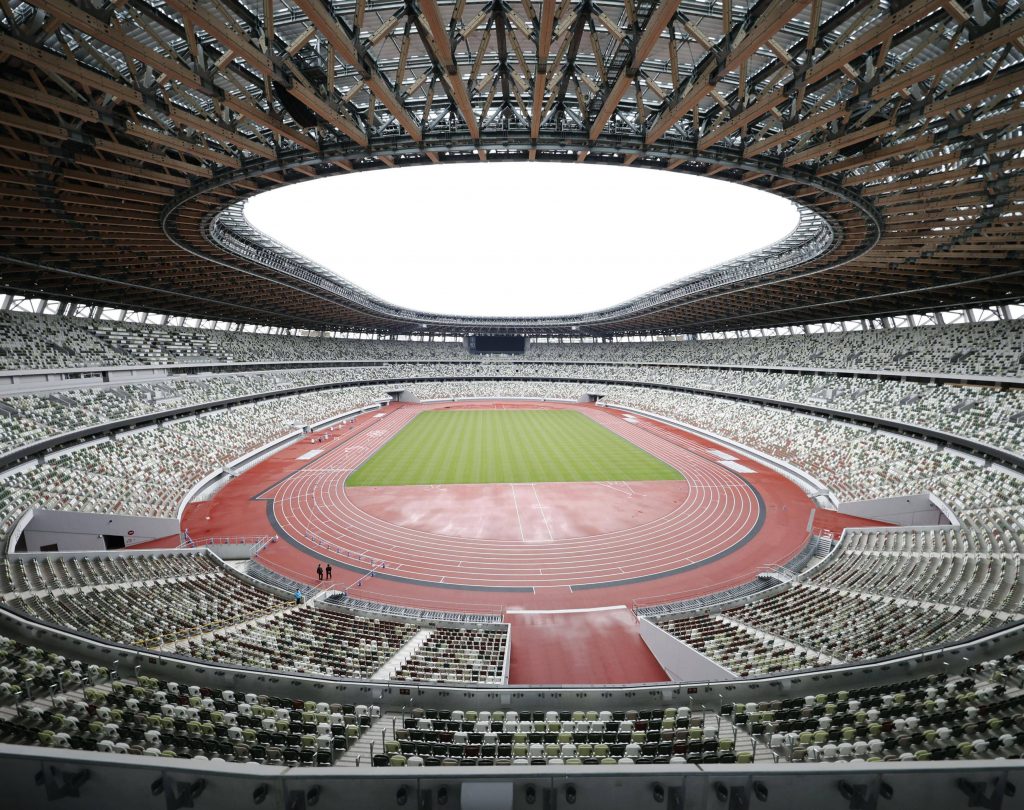
Spiraling Costs and Scandals Taint the Legacy of the Olympics
Over the past several decades, the skyrocketing cost of preparing for and staging a Summer Olympics has led many to question the benefit to a city or region for its involvement. Critics have also argued that the Olympic economic model is unsustainable for the future, citing newly built venues that serve no purpose after the events conclude.
For example, the pandemic-delayed 2020 Tokyo Olympics cost $13 billion USD (¥1.4 trillion JPY), it was reported in June 2022, nearly a year after the competitions began in the Japanese capital.
Bribery scandals have also tarnished the legacy of the Olympics, including Tokyo 2020, and sparked public anger at government and IOC officials and business leaders.
Candidates for the top IOC post are scheduled to make presentations highlighting their leadership vision on January 30, 2025, in Lausanne, Switzerland.
Watanabe is seeking to become the first Japanese to hold the IOC's top leadership position. His candidacy was announced in September.
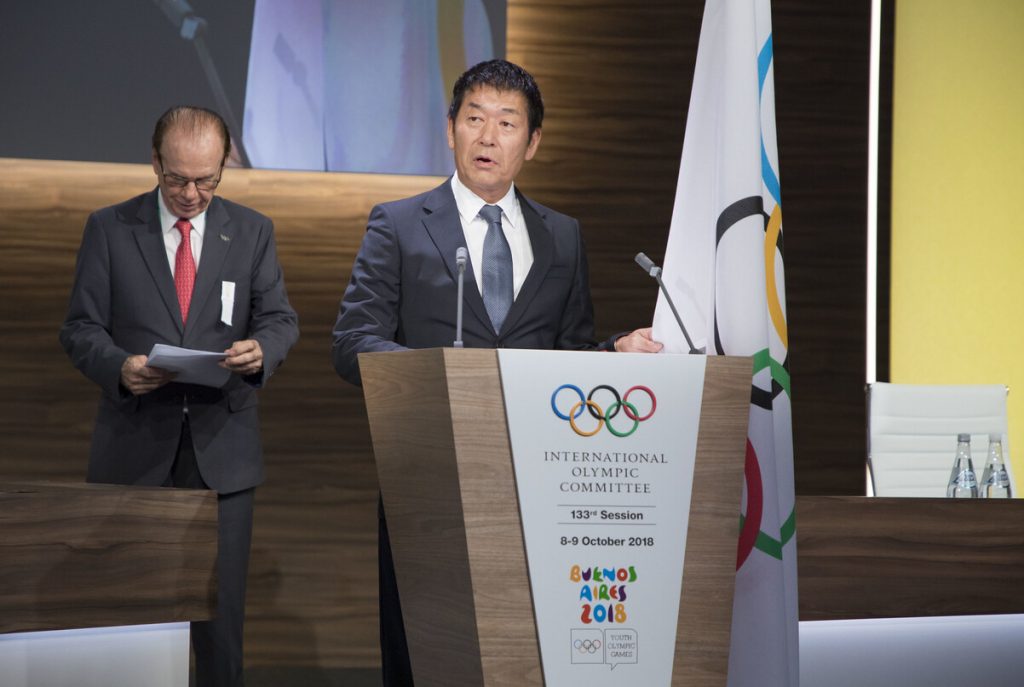
Who's Running to Replace Bach?
Outgoing IOC chief Thomas Bach has been in charge since 2013. The IOC's members will choose the next boss in March 2025 in Greece.
There are six other candidates: Sebastian Coe (Britain), World Athletics president; IOC vice president Juan Antonio Samaranch Jr (Spain), son of a former IOC chief; IOC members Kirsty Coventry (Zimbabwe) and Prince Feisal Al Hussein (Jordan); Johan Eliasch (Britain), president of the International Ski Federation; and David Lappartient (France), president of the Union Cycliste Internationale, aka International Cycling Union.
The IOC has had nine presidents in its 130-year history, all from Europe or the United States.
Learning by Traveling and Listening
In his written manifesto, Watanabe reflected on his experiences as a global sports leader and how they have shaped his goals and aspirations for the future of the Olympics.
"As President of the International Gymnastics Federation, I have visited more than 160 countries," Watanabe stated. "My policy is field-oriented. I meet with athletes, coaches and officials from different countries and ask for their opinions."
He continued: "I believe it's my job to listen to everyone and make their dreams come true. Everyone's dreams are different. They are influenced by the situation in the country where they live. Even if the dreams seem the same, they are not. I think it is important to listen carefully to everyone.
"In Japanese culture, people respect others as much as they respect themselves. I would like to create a world of mutual respect in sport."
RELATED:
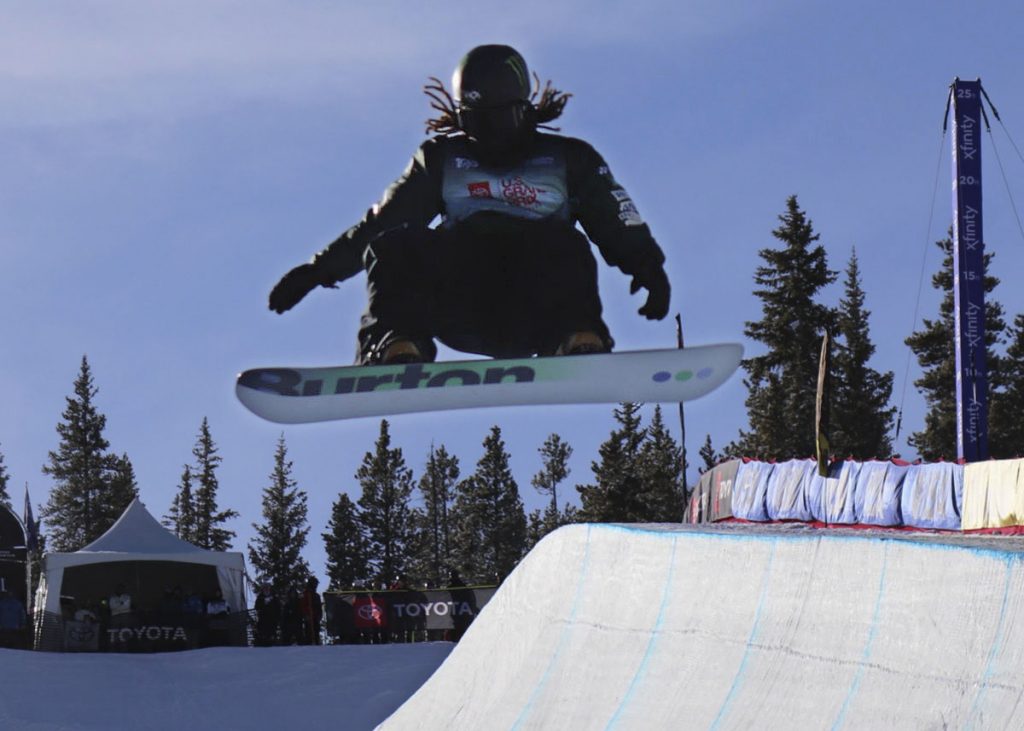
Snowboarding
Olympic Legend White to Launch a New Snowboarding League
Three-time Olympic men's halfpipe gold medalist Shaun White is launching a new snowboarding circuit, and the inaugural event for The Snow League is set for March 7-8, 2025, at Buttermilk Mountain in Aspen, Colorado.
Ayumu Hirano, the halfpipe champ at the 2022 Beijing Olympics is the biggest star attraction among the 32 invitees named on Wednesday, December 18 for the upstart circuit.
Joining the global superstar on The Snow League's men's roster are well-known Japanese athletes Yuto Totsuka and Kaishu Hirano (Ayumu's younger brother), among others. (See the full list of snowboarders on the league's website.)
Japan's Mitsuki Ono, a bronze medalist at the 2023 FIS Snowboard World Championships, and Sena Tomita, the women's halfpipe bronze medalist at the Beijing Games are among the best of the best on the women's side.
White outlined his ambitious goals for his new venture in a press release.
"The Snow League is more than just a competition; it's a stage to celebrate the very best in snowboarding," White said. "I'm truly honored to help elevate these incredible pros to new heights."
White added, "This is a dream roster of athletes at the absolute pinnacle of halfpipe snowboarding. Each and every one of these riders is pushing the boundaries of competition and trick innovation, and I can't wait to see what they do with our competitive format when the event comes to life in Aspen."
In addition to snowboarding, freeskiing, showcasing an array of high-flying aerial tricks, is planned for upcoming Snow League competitions later in the year.
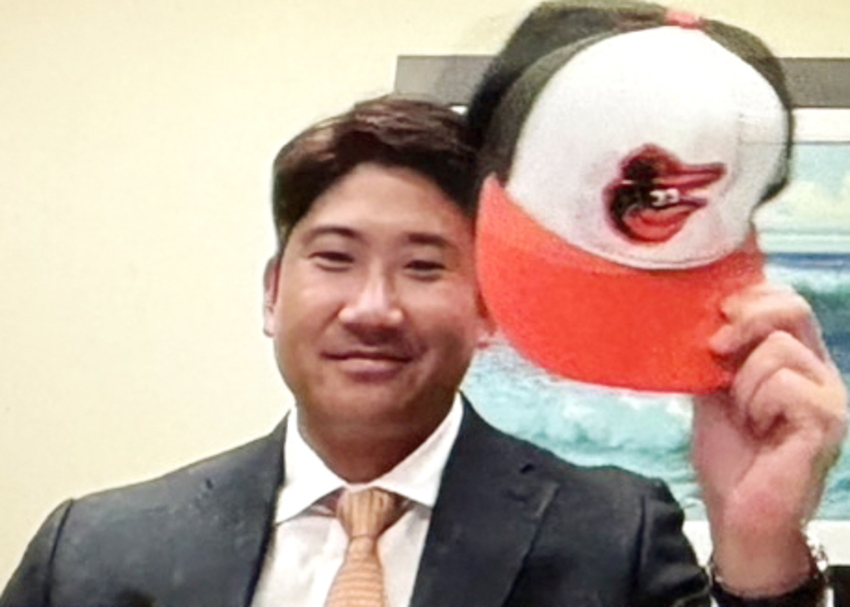
Baseball
Sugano Sets Sights on Becoming a World Series Champion
Veteran pitcher Tomoyuki Sugano hopes his first season in MLB produces the greatest result possible for his new team, the Baltimore Orioles.
During a news conference held online on Thursday, December 19, the 35-year-old said he's impressed with his new team's pitching staff and likes Baltimore's winning attitude.
"They have a fantastic pitching staff and expressed their desire to win in the playoffs and the World Series," Sugano was quoted as saying by Kyodo News. I could feel their enthusiasm."
Sugano added, "I want to make it my number one goal to become world champions."
One of NPB's premier pitchers of his generation who had a 136-74 win-loss record in 12 seasons with the Yomiuri Giants, Sugano wasn't hesitant about pursuing the next chapter of his baseball career.
"It was not a difficult decision at all," he said of pursuing a move to a Major League Baseball team, according to MLB.com. "I had a great career in Japan, [and] I felt like I did all I could there. It's always been a dream of mine to come play in the [United] States and in MLB, so I'm very excited to take this path."
Sugano is also eager to immerse himself in Baltimore's culinary scene.
He reported on his visit to one of the city's restaurants on Monday during his online media appearance.
"I ate at the restaurant called Charleston, with incredible food," Sugano was quoted as saying by MLB.com "And I heard the soft-shell crab there is incredible in the summer, so I'm really looking forward to going back and chowing down on soft-shell crab."

Soccer
Marinos Hand Managerial Reins to Ex-England Assistant Holland
Steve Holland has been appointed Yokohama F Marinos' next manager, the J.League club announced on Tuesday, December 17.
Holland, 54, previously served as longtime assistant manager for the England national team (2016-24) under Gareth Southgate.
He was also an assistant manager for English Premier League club Chelsea (2011-17), working for world-renowned boss Jose Mourinho for the middle three seasons of his tenure there.
"I am excited to come to Japan, a wonderful country, and honored to have the opportunity to work in the J.League, the best league in Asia," Holland said in a statement. "It is a privilege to lead Yokohama F Marinos as manager, in a stadium where the enthusiasm and passion of the supporters create a fantastic atmosphere."
Marinos finished the 2024 J.League season in ninth place out of 20 teams, compiling a record of 15 wins, seven draws and 16 defeats. With 62 points, Marinos placed 10 points behind league champion Vissel Kobe.
"Our mission is to compete for titles again, and we will pursue playing an aggressive 'attacking football,' " Holland said, sharing his vision for the team in 2025. "I aim to build a team that consistently competes at the highest level, defined by strong competitiveness and unity.
"Together with the players and staff, I want to create a team that supporters, partners, and the people of Yokohama, Yokosuka and Yamato can be proud of."
Holland's new club employed two soccer bosses in the 2024 campaign, Harry Kewell, who was dismissed in July, and interim manager John Hutchison.
Jubilo Iwata, who were demoted to the J.League second division for 2025, appointed Hutchison their new manager in mid-December.
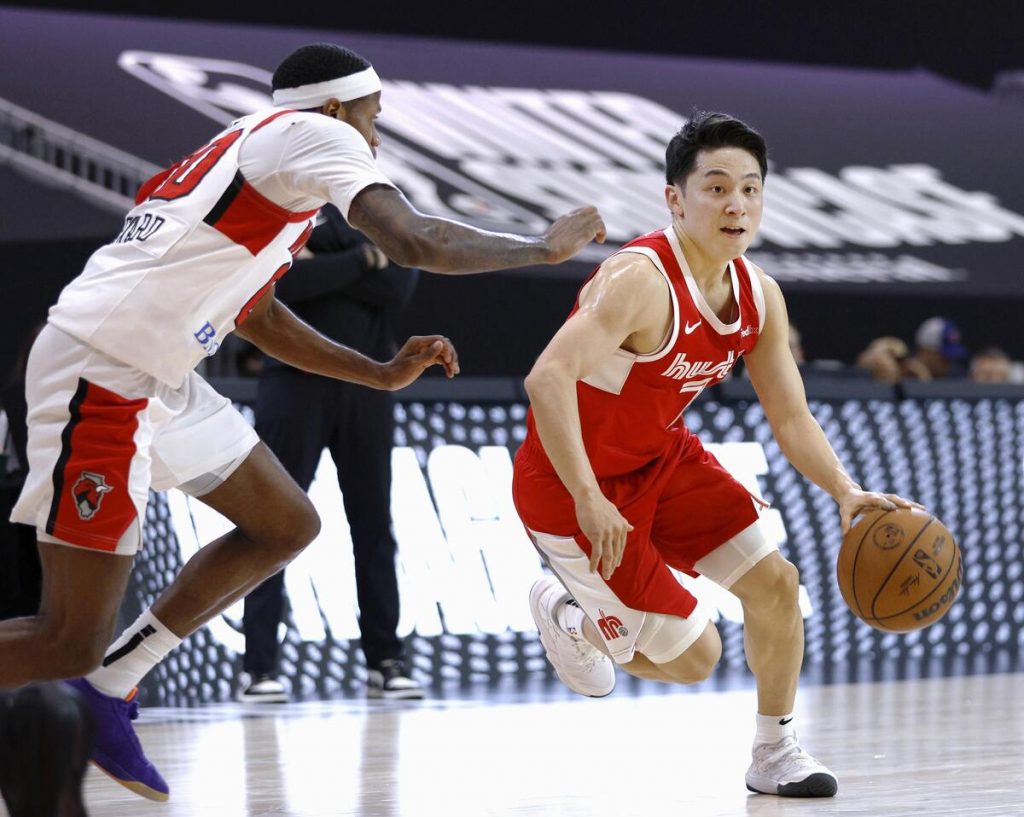
Basketball
Kawamura Shines in NBA G League Showcase Opener
Yuki Kawamura led the Memphis Hustle with 27 points and six assists in a 109-104 loss to the Windy City Bulls in the NBA G League Winter Showcase opener for both teams on Thursday, December 19.
In Orlando, Florida, Kawamura made 11 of 18 shots from the floor, missing just a pair of attempts from 2-point range. He was 0-for-5 from beyond the 3-point arc. Kawamura also grabbed six rebounds and had two steals.
The Winter Showcase is a four-day tournament (December 19-22) that precedes the NBA G League regular season.
Brex Guard Newbill Named B.League's November MVP
DJ Newbill was selected as the B.League's November MVP winner after leading the title-chasing Utsunomiya Brex to a 5-1 record in the 2024-25 season's second month.
An announcement was made on Thursday, December 19.
The Penn State alum averaged 18.7 points and 5.0 assists in November. His productivity was instrumental in helping the Brex collect 12 straight wins, a streak that was snapped on November 30.
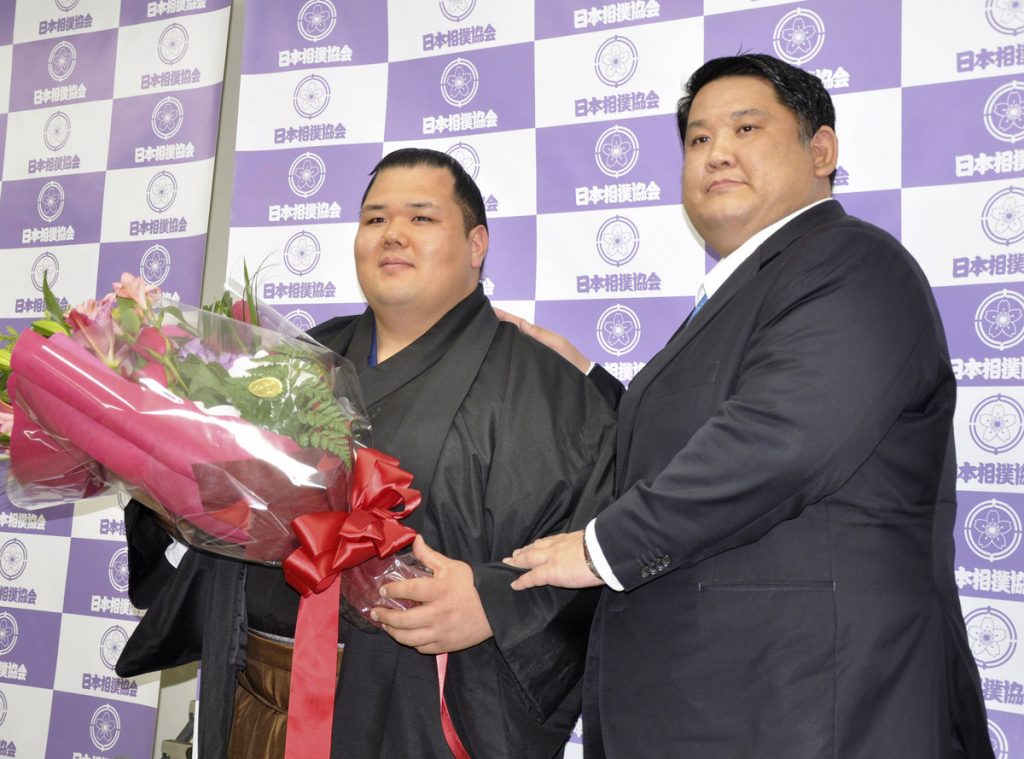
Sumo
Ex-Komusubi Onosho Retires
Injury-plagued wrestler Onosho announced his retirement on Wednesday, December 18.
The 28-year-old competed in professional sumo's makuuchi division for seven years before being demoted to the juryo division for the final two tournaments of 2024.
Citing his physical condition, Onosho acknowledged at a Thursday news conference at Ryogoku Kokugikan that "I am no longer in shape to wrestle anymore," NHK reported.
It's a decision that he said he's now at peace with.
"I thought about it a lot, but now I feel very refreshed, and I feel that I have done all I can do," added Onosho, who has coped with knee and ankle injuries.
Onosho was a three-time Fighting Spirit Prize recipient and an Outstanding Performance Award winner. He made his makuuchi division debut at the 2017 Summer Basho.
An Aomori Prefecture native, Onosho was promoted to his highest rank, komusubi, for the 2017 Kyushu Basho. He was a komusubi, sumo's fourth-highest rank, for two tournaments.
From 2017-24, he won at least 10 matches in one or more grand sumo tournaments every year except 2019.
A retirement ceremony is planned for June 1, 2025, at Ryogoku Kokugikan in Tokyo.
Starting in April, the retired wrestler whose given name is Fumiya Utetsu, will begin working for a cosmetics company that specializes in beauty products with horse oil, according to Nikkan Sports.
Golf
Dates Announced for Baycurrent Classic in Yokohama
The PGA Tour's Baycurrent Classic, which is the new name for the tournament previously known as the ZOZO Championship, will be held at the Yokohama Country Club from October 9-12, 2025.
On Tuesday, December 15, the PGA announced its 2025 autumn schedule for the seven FedExCup events, beginning with the Procore Championship (September 8-14) in Napa, California.
It was previously reported on December 11 that the schedule for the Baycurrent Classic would be announced at a later date.
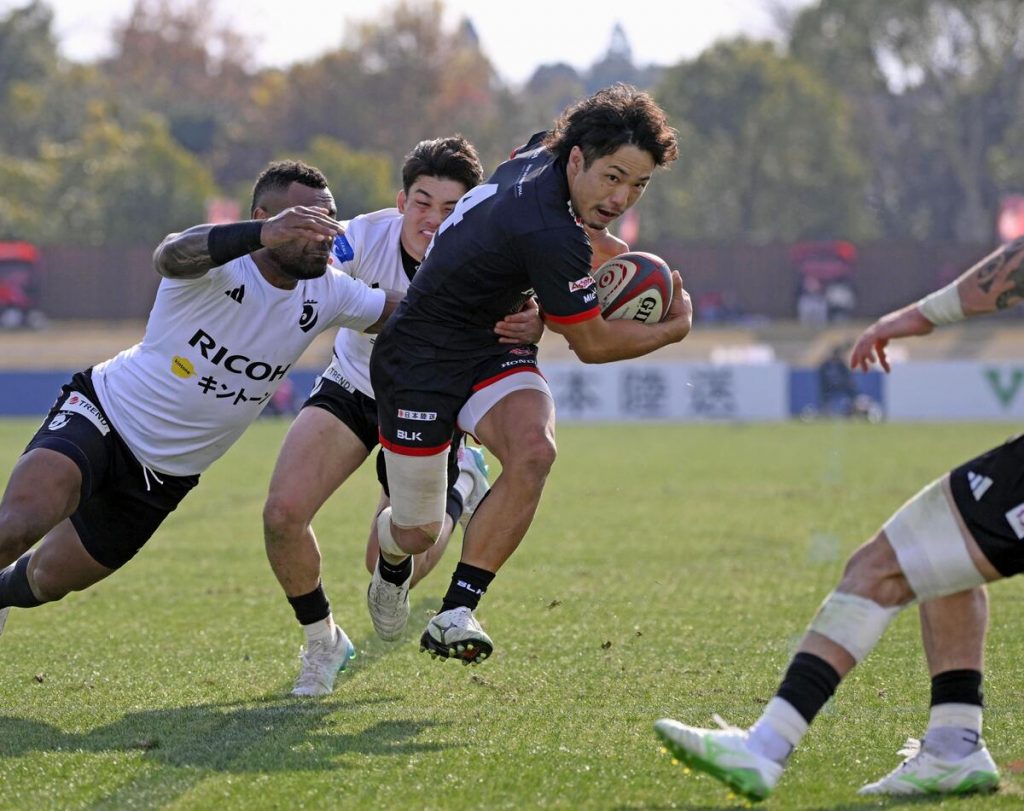
Briefly…
The 2024-25 Japan Rugby League One season kicked off on Saturday, December 21 with three matches in the top division. Here's what happened: Mie Heat 23, BlackRams Tokyo 21; Shizuoka Blue Revs 15, Kobe Kobelco Steelers 13; and Saitama Wild Knights 33, Tokyo Sungoliath 12.






